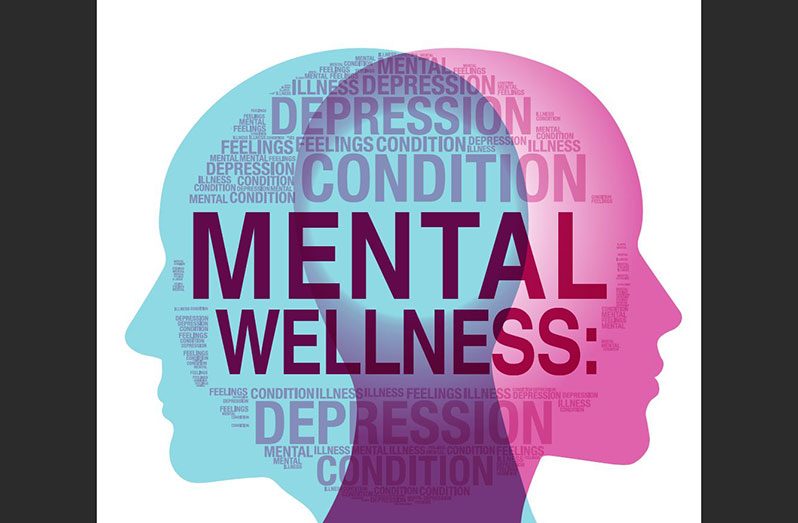By Vanessa Cort
IT seems that the mental wellness of people across the globe is being more severely challenged right now than when this pandemic first surfaced almost two years ago.
No sooner had we all been faced with the Delta variant, driving hospitalisation and deaths up, than along came the Omicron variant, which has certainly proved to be more transmissible, causing the numbers of affected to explode worldwide.
In the United States the figure reached a landmark one million people in one day and in this country the number of infected has soared to over 12,000 active cases, and deaths have also increased, though remaining relatively low in comparison with cases.
Health facilities are reeling under the rapid rise of those contracting this new variant and health care workers are both mentally and physically exhausted.
Many complain of chronic fatigue, depression and the persistent fear that they too may succumb to infection and pass it on to their friends and family.
While governments want to see children back in school as recommended by UNICEF and research on this matter and they are pushing for this to happen, a number of educators and parents remain fearful for the safety of children in a classroom setting.
Meanwhile, in several countries, the ‘vaccine war’ wages on, with many citizens and health professionals still challenging the efficacy of vaccination. And while those who continue to resist the vaccines are seen as being swayed by conspiracy theories, social media abounds with information purporting to support the anti-vaxxers.
With vaccine mandates fast becoming the ‘order of the day’ in many countries, the pros and cons arguments are dividing families and friends and only adding to an already stressful situation.
The recent controversy with tennis star Novak Djokovic only serves to highlight this, as Australian authorities revoked the visa of the top-ranked player over his continued refusal to get vaccinated and his application for exemption.
What seems to be known so far is that the Omicron variant is highly transmissible and attacks both vaccinated and unvaccinated persons, though those who have been vaccinated and boosted are less likely to be hospitalised because the symptoms are less severe.
According to the Methodist Organisation ‘On Health’ study:
“The unvaccinated are at greater risk – no matter the variant.” The study goes on to say, “We know vaccines are safe, effective and our best defense against the virus.” It urges people to get vaccinated even if they have had COVID – 19, stating that the vaccination offers immunity which is stronger and longer-lasting than natural immunity.
Experts concerned with mental wellness have noted the impact of lockdown, bereavement due to the pandemic, employment disruption, anxiety and loneliness resulting from COVID – 19.
And a UNICEF study states: “It is natural to feel scared and anxious.” Among its recommendations is that people do things to take back control of their lives such as pursuing a hobby they may have neglected, listening to music, reading a good book – all things that will improve their mood
But above all, the study urges, “Take care of yourself, regularly exercise, sleep enough and reduce all other sources of stress”.



.jpg)








